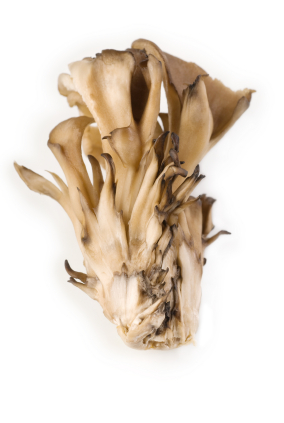
by Dr. Michael Murray | Dec 22, 2010 | Natural Facts, Newsletter thru 2013
MaitakeGold 404(TM) — The Medical Mushroom Extract for Cellular Immune Protection The maitake mushroom (Grifola frondosa) has been recognized as a source of immune enhancing compounds that are being shown to offer significant health benefits.1,2,3 The commercial...

by Dr. Michael Murray | Dec 21, 2010 | Natural Facts, Newsletter thru 2013
Enzyme preparations are one of the most useful nutritional supplements available. Enzymes are molecules that speed up chemical reactions – they either help build new molecules or they split the bonds that join molecules together to break them into smaller units.In the...




